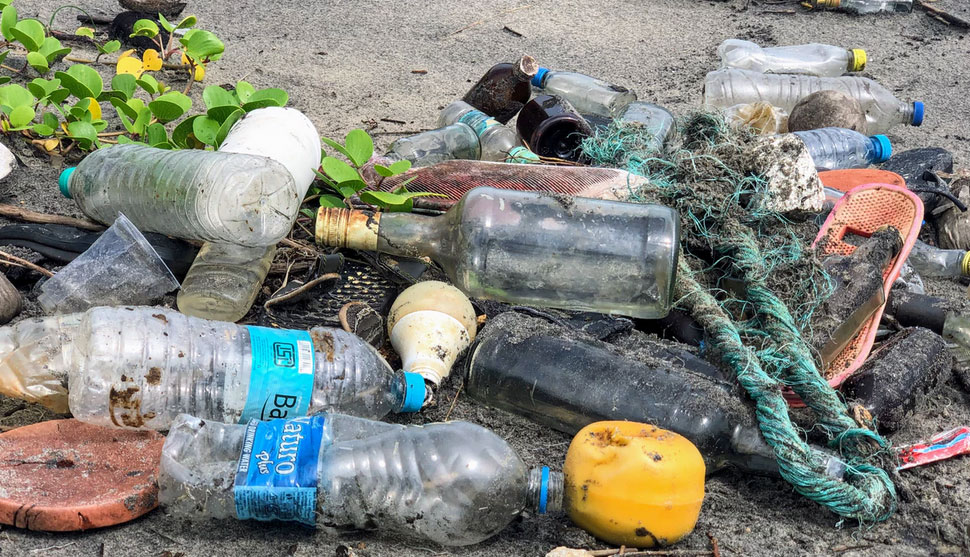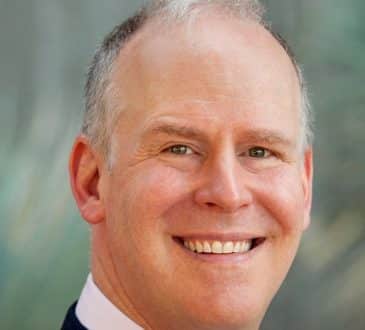How Is Plastic Usage Creating A Menace For Life On Planet Earth

Plastic is regarded as one of the most significant discoveries of mankind, which has come to change the way of life on this planet. What was considered as a cheap alternative to a million uses, has now come to pollute our lands and waters at an alarming rate.
If we were to consider the atrocities that plastic waste commits on our environment, no wonder we may wish for plastic to simple disappear.
While the use of plastic in a countless array of materials, has added to the convenience factor for us humans, the toll that it has taken on our planet is shockingly unbelievable. Plastic debris can be broadly divided into Micro debris and Macro debris, based on the size of the plastic which goes down as waste.
Impact of plastics on planet earth
While we are clear on the fact that plastic waste and plastic components themselves are creating a menace on planet earth, here is a broad look at how this is happening.
- Decomposition of plastic
Of the 100% of plastic produced every year, only 9% is recycled to be used again. Almost 40% of the plastic produced every year, ends up as waste, to be dumped in landfills and water bodies. Due to the chemical structure of plastic, it takes years for it to decompose, which means that we are adding to the already huge pile of plastic debris each year, with none of this waste likely to decompose in the time to come. The quick decomposition of plastics in the oceans, leads to release of toxic bisphenol A. Just consider the impact of a simple plastic cup takes 50 years of time on the planet to decompose, what might be the rate for larger plastic wastes, which are generated each year! - Adding to organic pollutants
With global plastic production on the rise, it has been found that their mere presence is contributing to rise in POP or organic pollutants in the environment. This further has an adverse impact on marine life. - Spreading organisms across geographies
Due to the distribution of plastic debris around coasts and water bodies, some organisms are transported to areas which are not their native habitat. This has led to the variability in the type of organisms found in a region. Plastics serve as vectors for many chemical contaminating pollutants and organisms. - Adding to climate change
Plastics are responsible for the addition of greenhouse gases in the atmosphere, more specifically, carbon dioxide. The emission of carbon dioxide is bound to increase with the years to come and will occur directly as a result of production, transportation and incineration pf plastic. - Adding to woes on land
Apart from all the impacts which we have discussed so far, plastic waste is growing as a menace to plants and animals on land. Plastics can release harmful chemicals in the soil, which ultimately finds its way to the groundwater beneath it and enters the ecosystem in which we thrive. For every species which relies on this ground water as their source of drinking water, this is no less hazardous. - Damaging the oceans
From ocean liners to fishing nets, there is no dearth of plastic waste in the oceans. One of the alarming factors in this case is the breakdown of the debris into micro plastics, which are fine grains of plastic. This plastic can easily enter the food chain through aquatic animals. From entanglement to ingestion the impact of plastics on marine life is hazardous.
This broadly covers the impact of plastic on our planet and the ways in which it is damaging precious life on planet earth. While major nations all over the world are taking active steps to combat plastic wastes, it remains to be seen if human kind will ever be able to take a step back from polluting our environment.
Have you read?
How to transform your disconnected team to one that collaborates and thrives by Michelle Sales.
Four Questions People Ask Every Time You Speak by Shane Michael Hatton.
How to Foster Innovative Thinking at Your Company by Rhett Power.
Hey CEOs: Here’s Why Your Strategic Decisions Are Falling Short by Alex Castro.
3 Types of Mentors Who Can Derail Your Success by Mike Flynn.
Add CEOWORLD magazine to your Google News feed.
Follow CEOWORLD magazine headlines on: Google News, LinkedIn, Twitter, and Facebook.
Copyright 2024 The CEOWORLD magazine. All rights reserved. This material (and any extract from it) must not be copied, redistributed or placed on any website, without CEOWORLD magazine' prior written consent. For media queries, please contact: info@ceoworld.biz








